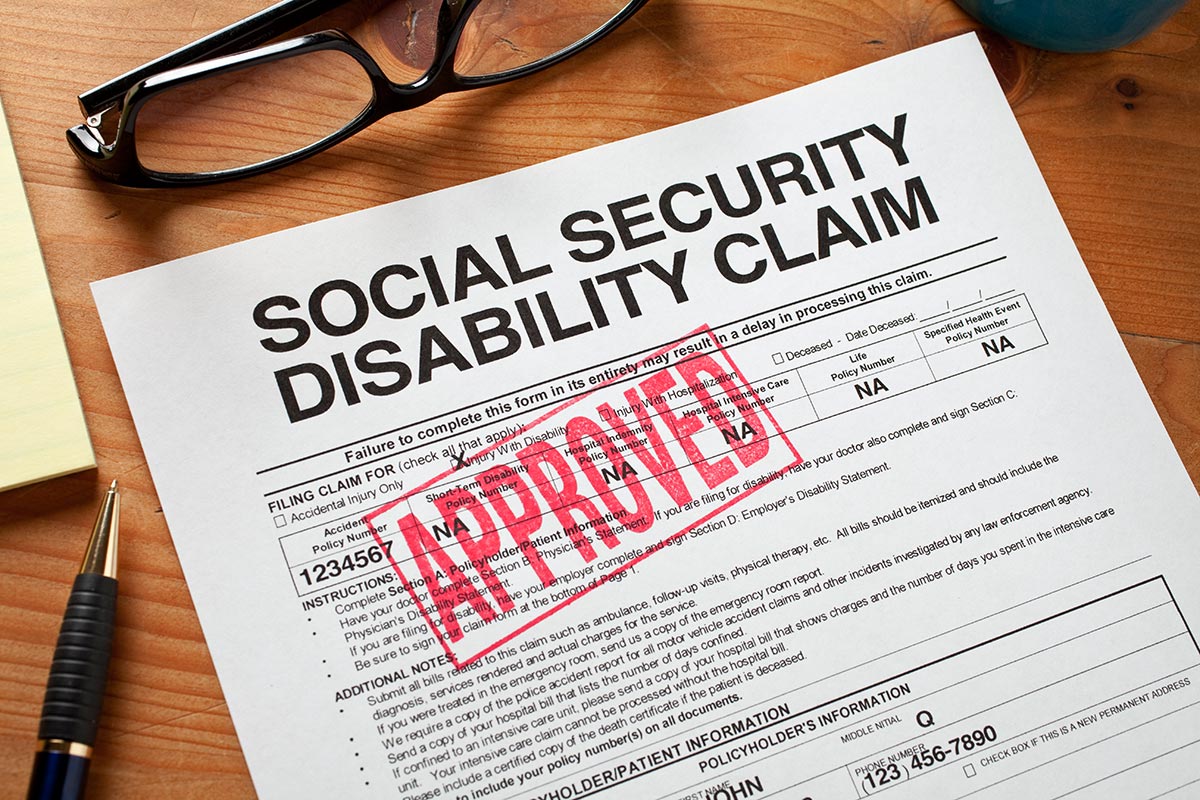3 Problems and Solutions for Social Security Disability Cases
 According to statistics from the Social Security Administration (SSA), 74 percent of disability cases were approved in the year 2000. Every year, this number has slowly decreased as the number of case reviews and fraudulent claims have increased. In 2010, only 55 percent of social security disability cases were approved. When filing a social security disability claim, there are several issues that can be preemptively solved through preparation and attention to detail.
According to statistics from the Social Security Administration (SSA), 74 percent of disability cases were approved in the year 2000. Every year, this number has slowly decreased as the number of case reviews and fraudulent claims have increased. In 2010, only 55 percent of social security disability cases were approved. When filing a social security disability claim, there are several issues that can be preemptively solved through preparation and attention to detail.
Downplaying the Physician’s Professional Opinion
The most common reason that a Social Security Appeals Council will reject a claim is when the judges disbelieves or disregards the treating physician’s recommendations. Therefore, disability applicants must ensure that their doctor or mental health professional who regularly treats them carefully and accurately complete the residual functional capacity (RFC) or the medical source statement (MSS) forms. This document must clearly demonstrate that the applicant has serious and substantial work-related limitations. Failure to include this information will set the stage for a potential claim rejection. The SSA requires physicians, or medical sources, to include with objective facts and demonstrations of the disability that will easily stand up to external scrutiny. For example, a physician with an applicant who suffers from severe depression and agoraphobia may fail to clearly indicate the severity of the condition. As a result, the judge may assume that the individual can function with limited coworker interactions and partially reject the claim.
Misinterpreted Vocational Expert Testimony
According to John E. Dunlap, PC, during disability case hearings, there will be testimony provided by vocational experts (VE) who can make or break the case. These VEs often answer hypothetical questions asked by the judge. For example, a judge may ask the VE what job duties could a person of similar age, training and health perform. However, the judge or VE may forget that there are specific work restrictions, such as not lifting over 10 pounds, sitting for longer than an hour or having regular contact with the general public. Because these work limitations are not incorporated into the hypothetical question, the VE may provide an answer and is less accurate and restrictive based on the applicant’s individual restrictions and physical limitations. This means that the VE may identify certain tasks or jobs that the applicant hypothetically should be able to perform. Be aware that social security disability case hearings that occur without the participation of a VE may be appealed based on lack of professional opinion.
Severe vs. Non-Severe Impairments
The SSA uses the applicant’s severe and non-severe impairments when deciding disability cases. A severe impairment is defined as one that drastically limits an individual’s physical or mental abilities to perform and complete basic work tasks. Non-severe impairments are defined as slight abnormalities or temporary problems that minimally impact work activities. Today’s disability case hearings and social security judges set the bar very low when it comes to severe impairments. These latter impairments are determined when medical evidence that shows that an impairment limits basic work activities like standing, walking, focusing and following directions. Non-severe impairments, when combined together, may drastically impact a person’s ability to work. The SSA requires that judges consider all limitations and restrictions caused by both kinds of impairments, but many judges only focus on the severe conditions. For example, an applicant with severe anxiety and physical impairment will struggle to properly provide face-to-face customer service that requires moving and lifting.
In addition to those listed above, many applicants fail to secure legal representation before and during their case review. Attorneys understand the nuances of qualifying for SSD benefits, so they will help their applicants every step of the way. Social security disability attorneys can help their clients appeal decisions, meet deadlines and include all relevant information. This includes work history, expert medical opinions, documented physical limitations and medical specialist contact info.

















